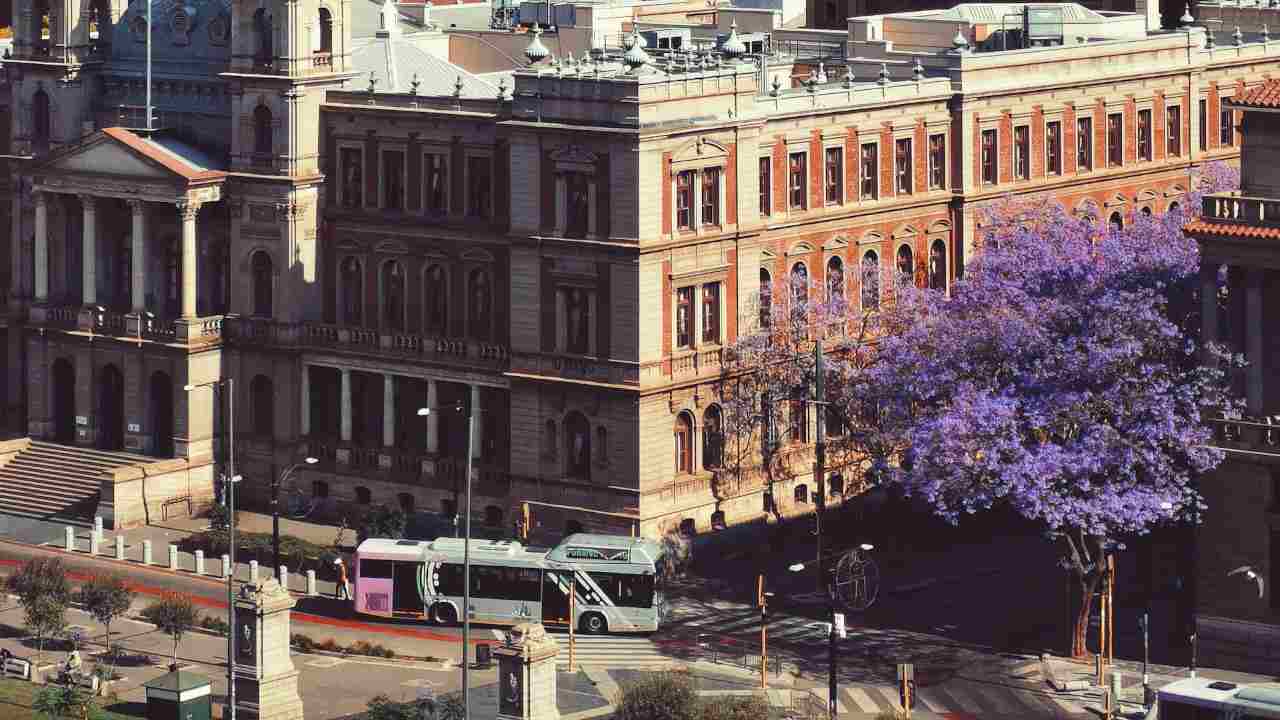News
Tshwane Metro Struggles to Collect Outstanding Payments Amid Rising Debt

The outstanding payments of ratepayers in Tshwane remain a pressing issue as the city’s financial challenges continue to mount. Over the past seven months, the metro’s debt has grown by billions, exacerbated by disruptions caused by its employees. These employees have been protesting their financial predicaments in the current economy, further destabilising the city’s revenue collection efforts.
Tshwane aims to recover approximately R22 billion owed by ratepayers following two months of destabilisation in the capital. The economic hardships faced by the region have complicated the metro’s efforts to extricate itself from its financial predicament.
Since September 19, 114,000 accounts in this economically challenged metro have gone unpaid, depriving many residents of vital water and electricity services. This culture of non-payment has seen the city’s debt balloon from R17 billion in 2021 to R20.8 billion in March of 2023.
Furthermore, Tshwane’s debt has grown significantly between March 16 and September 19, including R2 billion owed by residents, another R2 billion owed by businesses, R3 million owed by city employees, and over R11 million owed by embassies. Councillors’ debts have decreased by approximately R900,000.
Also read: Improvements in Water Supply for Northern Tshwane Areas
The metro emphasises its intention to collect every outstanding cent, as 86% of its budget is self-funded, with grants making up the remainder. Despite the recent deficit caused by the strike, the metro claims to have reduced its loans by 36% between August and mid-September.
The outstanding R22 billion debt goes across various categories, including businesses, residents, government, embassies, councillors, employees, indigents, and inactive accounts.
Metro spokesperson Selby Bokaba noted the challenges, including 72,157 business accounts in debt, of which 13,417 are 30-90 days overdue, and 16,176 accounts are due by 365 days or more, totalling R4.6 billion.
Regarding residents, 85,161 accounts are 30-90 days overdue, while 141,251 accounts are more than 365 days overdue, with a debt of R11.3 billion.
The metro is taking measures to recoup outstanding rental and utility service account arrears by enforcing the Credit Control and Debt Collection Policy. This policy includes addressing expired leases and legal actions through debt collectors.
We are aggressively implementing #TshwaneYaTima campaign to improve revenue collection but first we want to ensure that we get our house in order in terms of billing issues. @CityTshwane pic.twitter.com/HnMPmhs2sK
— Mayor Cilliers Brink (@tshwane_mayor) July 4, 2023
While dealing with these outstanding payments, Tshwane is also applying credit control measures to ensure revenue is received by its revenue department more effectively.
Source: Ratepayers’ outstanding payments balloon metro’s debt by R22bn over seven months
Also read:
Tshwane Mayor Cilliers Brink Holds Firm Amidst Calls for Resignation
Picture: Unsplash / Sipho Ndebele
Follow us on Google News.




















